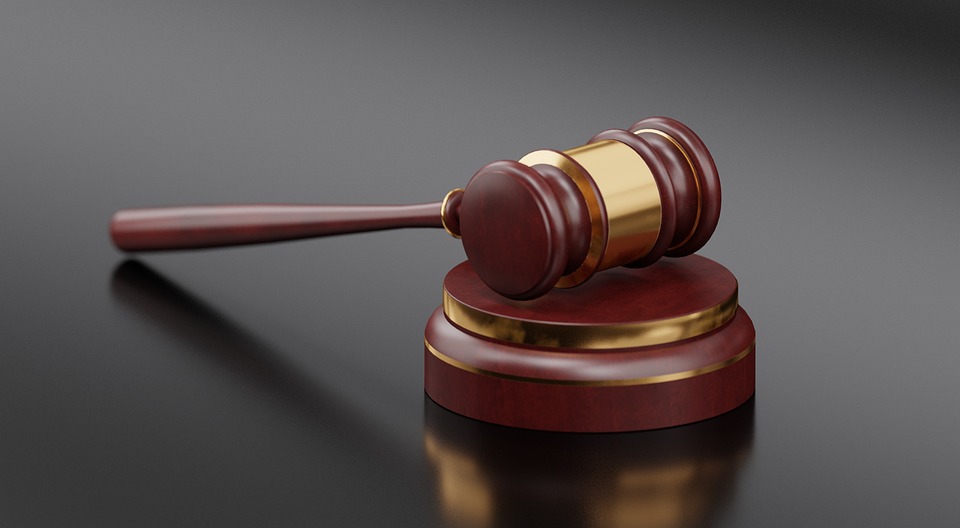Key Factors to Consider Before Entering into Litigation
Introduction
Litigation, the process of resolving disputes through the court system, can be a complex and lengthy endeavor. Before embarking on this path, it is crucial to consider several key factors to ensure that litigation is the right course of action for your situation. In this article, we will explore these factors and provide you with valuable insights to help you make informed decisions.
Factors to Consider
1. Merits of the Case
One of the first factors to evaluate is the strength of your case. Assess the evidence, legal precedents, and potential arguments to determine the likelihood of success. Consult with legal experts who can provide an objective analysis of your case’s merits.
2. Cost and Resources
Litigation can be a costly endeavor, so it’s crucial to consider your financial resources. Assess the potential expenses for legal fees, court costs, expert witnesses, and any other associated costs. Additionally, evaluate the availability of your time and resources to dedicate to the litigation process.
3. Time and Energy
Litigation can be a time-consuming and emotionally draining process. Consider the impact it may have on your personal and professional life. Evaluate whether you are willing to invest the necessary time and energy to see the litigation through to its conclusion.
4. Alternative Dispute Resolution
Before entering into litigation, explore alternative methods of dispute resolution such as negotiation, mediation, or arbitration. These approaches can often provide a quicker and more cost-effective resolution while preserving relationships and avoiding the adversarial nature of litigation.
5. Potential Outcomes
Consider the potential outcomes of litigation. While success may result in a favorable judgment, there is also the possibility of losing the case or not obtaining the desired outcome. Assess the risks involved and the potential impact on your personal or business reputation.
6. Precedent and Publicity
Remember that litigation can set legal precedents and attract public attention. Assess whether you are comfortable with the potential consequences of your case becoming a public matter and the impact it may have on future legal matters.
7. Emotional Toll
Litigation can be emotionally draining, especially when personal or sensitive matters are involved. Consider the potential stress, anxiety, and emotional toll it may take on you and those close to you. Ensure you have a support system in place to help you navigate these challenges.
FAQs
1. Is litigation the only option to resolve a dispute?
No, litigation is not the only option. Alternative dispute resolution methods such as negotiation, mediation, or arbitration can often provide a quicker and more cost-effective resolution.
2. How much does litigation cost?
The cost of litigation can vary significantly depending on the complexity of the case, the jurisdiction, and the legal fees involved. It is advisable to consult with legal experts to get a better understanding of the potential costs.
3. How long does litigation typically take?
Litigation timelines can vary depending on the complexity of the case, the court’s workload, and other factors. It is challenging to provide an exact timeframe, but litigation can often take months or even years to reach a resolution.
4. What are the risks of litigation?
Litigation carries inherent risks, including the possibility of losing the case, incurring substantial legal fees, and potentially damaging your personal or business reputation. It is crucial to assess these risks before pursuing litigation.
5. Can I represent myself in litigation?
While it is possible to represent yourself in court, it is generally advisable to seek legal representation. Experienced attorneys have the expertise and knowledge to navigate the complexities of the legal system and maximize your chances of success.
6. How can I assess the strength of my case?
Consulting with legal experts is the best way to assess the strength of your case. They can evaluate the evidence, legal precedents, and potential arguments to provide an objective analysis of your chances of success.
Conclusion
Entering into litigation is a significant decision that requires careful consideration. By evaluating the merits of your case, understanding the potential costs and risks, and exploring alternative dispute resolution methods, you can make an informed choice. Remember to weigh the emotional toll and potential outcomes before proceeding. Consulting with legal professionals will provide you with valuable guidance throughout the process. Ultimately, the key is to be well-prepared and informed to navigate the complexities of litigation successfully.
For more information on the key factors to consider before entering into litigation, please visit Example Link.
 glitzo Shine Bright with Glitzo
glitzo Shine Bright with Glitzo




